K
Kink, Klein, ‘Knowns’
Kink
There’s a cliché about therapists: we’re all obsessed by sex. Not true. Some of us are interested in kink as well.
Kink – an umbrella term for non-traditional sexual practices (perhaps derived from the notion of a bend in the natural order of sexual interests) - is, for many people, even more difficult to talk about in therapy than sex. Maybe it’s embarrassing; maybe it induces shame; maybe they assume it will invite an avalanche of judgment.
When people’s kinks, fantasies or sexual needs come into therapy I tend to wonder one thing above all. And it’s nothing very much to do with the kink.
I wonder to myself what it says about our relationship that the person feels able to share such intimacies with me. Karen has seen me for two years yet only now is mentioning something which she feels is fundamental to her erotic life or her achievement of sexual satisfaction. Why couldn’t she raise it earlier, and what has changed to make her feel safe to do so now? Meanwhile Kenji told me about their kink five minutes into the first session: how come? Does that mean they feel safe to talk about it to anyone, or that they feel they can only tell me before I become too familiar, as then it will feel too risky that I may reject them for it?
A famous rule with kinky lifestyles, fetishes and fantasies is to be Safe, Sane and Consensual. The same applies to therapy. Therapy only works with consent, but works best when an ‘edge’ is being leant on: challenging enough to be helpful but not so much so as to be overwhelming. The same is often true with kink. How the topic is raised – or not – will often have a parallel with the acts themselves.
The second thing I take an interest in when kinks find their way into the therapeutic conversation is “What does this mean for you?” Is it simply something fun with nothing more to be said about it? Is it a safe way of accessing power dynamics in some way? Is it a release of creative energy which sex can’t always fulfil? Is it a metaphoric recreation of some earlier experience? Is it an avoidance of something? Does it change our sense of ourselves, or our perception of our partner’s sense of us? Any of those, and hundreds more examples, can be valuable to access.
There’s more to kink than kink.
Klein
To me and many of my colleagues in training, Melanie Klein was the hardest person to get our heads around. Her book Envy and Gratitude may be totemic but it’s also a headfuck, full of anger, aggression, hatred and pain. Once I started seeing clients her work turned out to contain several of the key understandings that inform most of my sessions in most weeks. “Splitting” and the concept of the “good breast” and the “bad breast” suggest the tendency of a child (and, by extension, all of us) to exercise black and white thinking. Mum is a goody, dad is a baddy. It makes life simpler to believe that we can pigeonhole people and experiences into a box marked Good or a box marked Bad. But it’s rarely true.
Excepting Donald Trump, even the worst person has some positive qualities. And, even more discomfortingly, even the best person has some flaws and failures. To understand this is a huge challenge for many people, to accept it is even harder.
‘Knowns’, ‘Unknowns’ and ‘Un-Thought Knowns’
Knowing is a cognitive act, right? Well, just hang on a moment.
In the early stages of therapy, for many people, there’s a wish to be clear about what they know and what they don’t. It’ll be a rare month of sessions in which a client won’t bashfully apologise for not knowing or remembering something, or caveat something they say with a phrase like “but I’m not sure if that’s true or if I’m mixing it up”. I never mind if it’s literally true or not. We are not journalists trying to get what Watergate reporter Carl Bernstein famously calls “The best obtainable version of the truth”. Rather, we are trying to gain an essence of someone’s experience, and that, often, is not contained in the form of memories.
In therapy a lot of what we ‘know’ is more subtle and less provable. We sense we found an experience frightening but we have no specific recollection of how we reacted at the time. We sense our parents were not able to manage our anxiety, but we have no clear image of either of them saying that in any way. So how do we ‘know’? Our senses are tools of knowledge too, just as the mind is. Often the answer is to look at how we behaved then and, perhaps, still behave now; how we have tended to respond to those senses.
It is both comforting and frightening to believe that, somewhere, we ‘know’ everything about ourselves; we just don’t know that much of it through our minds. So when we say we don’t know something, a more accurate phrase would be “I don’t have access to that at the moment”. It is remarkable, though, that when big moments of revelation or connection happen in therapy they very often feel weirdly inevitable, even familiar; as if the client (and maybe even the therapist) had known it all along and yet somehow not been able to find access to the connective threads to allow it to land with us. These were “un-thought knowns”.
What we ‘know’ is helpful but only part of our story.
What is ‘unknown’ is helpful but neither definitive or unchangeable.
What we ‘know but have never thought about before’ is, I think, the essence of what therapy is for.
Next Week: L
Leaving, Listening, Love
